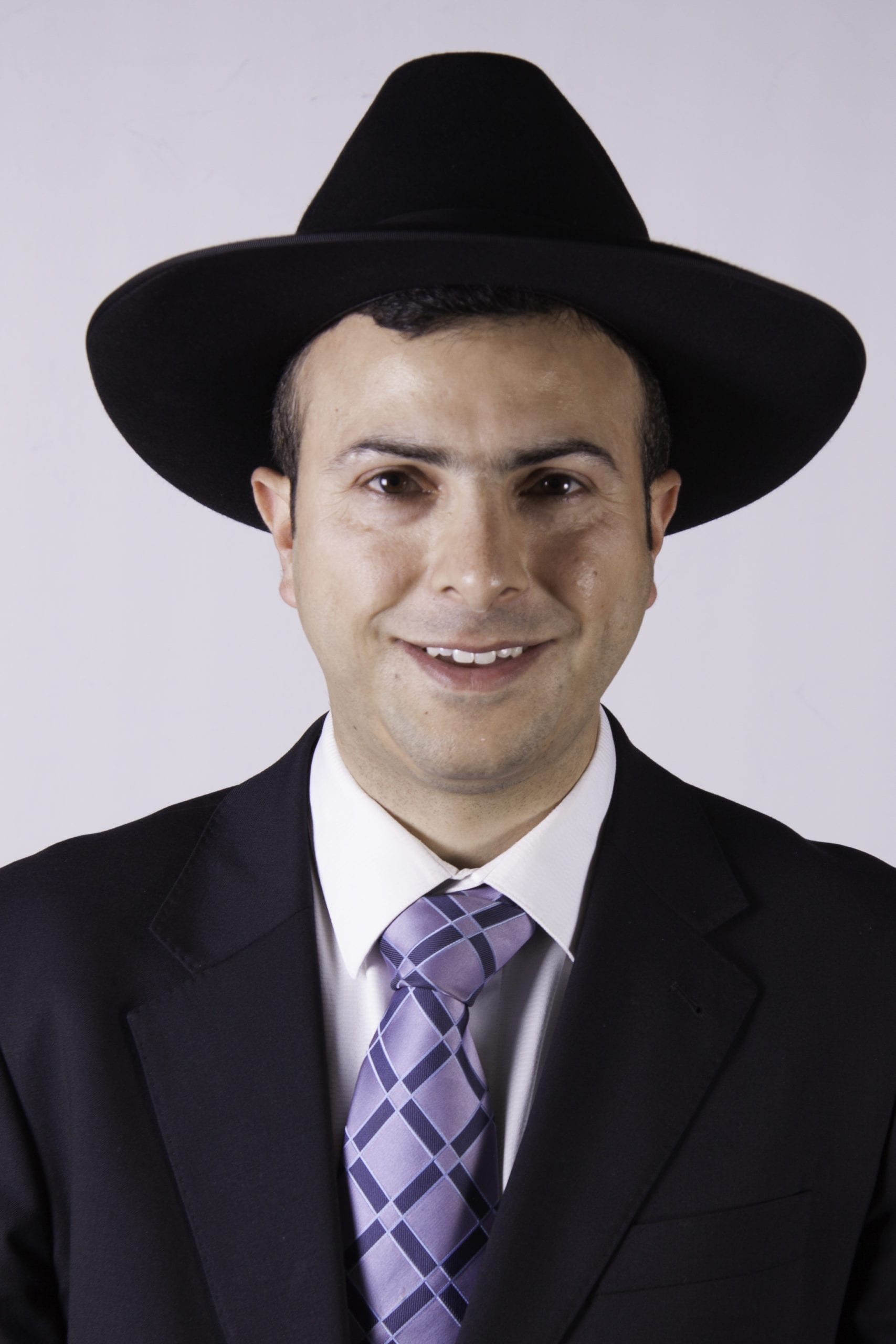
There are three seemingly contradictory reasons brought by Rambam for the commandments regarding sacrifices. In Moreh Nevuchim (The Guide for the Perplexed) he purports two different reasons. Firstly, he states that the sacrificial service is the product of the need for a gradual transition from a world of paganism to a world of true service of Hashem (3:32). The contribution of the sacrifices to our spiritual level is not in the aspect of “doing good,” but rather “keeping away from evil”; the sacrifices are meant to wean Bnei Yisrael off of pagan worship.
At that time, everyone in the world served different gods through sacrifice, so the Israelites could not accept a Torah that did not include sacrifice. Therefore Hashem commanded that sacrifices be offered to Him, rather than to pagan gods. Had the Torah instructed that His service not include sacrifice, it would have created a similar impression to being told that we should serve Hashem in thought, and not by any action.
He then brings a second, contradictory reason! He says that we sacrifice specific animals that were worshipped by pagan races – sheep, goats and cows (which, he comments, are still worshipped in India) – in order to live through the experience of destroying an idol and seeing that, rather than being punished for desecration as the pagans would believe, Hashem will in fact reward us.
“Thus the very act which is considered by the heathen as the greatest crime, is the means of approaching Hashem, and obtaining pardon for our sins. This is also the reason why we were commanded to kill the god of the Egyptians (the lamb) on Passover, and sprinkle the blood on the doorposts (3:46).”
So Ch.32 of the Guide says that it was a redirection of service of idols towards service of Hashem, but Ch.46 says that it was a destruction of idols to show that they had no power.
The Ramban quotes Rambam’s second reason (Ch.46) and opposes it strongly: “..these are nonsensical words …[whose] only purpose is to address the potential misunderstanding of the wicked and the foolish.” He does not quote the first reason in Ch.32, although he would clearly not agree with that either.
Can we answer in defence of the Rambam? Some say that the Guide was only written to draw back the Jews who had been led astray by Greek philosophy, and so its content is insincere to the Rambam’s true beliefs. If you’re not “perplexed,” then the book is not for you!
Alternatively, the Guide may, in fact, answer the contradiction for us. He says that sometimes an author will conceal the truth in order not to mislead the unlearned people, and that he expects his readers to find inconsistencies in his book (Introduction of the Guide).
Sefer Sheva Chochmot says that the Guide is a dangerous book for the average person to learn due to its Greek philosophy, and was only written for the Chachamim of perfect faith who needed to know how to answer non-Jewish heretics.
Rav Yaakov Emden (1697-1776) concluded that it was not possible that the Rambam, compiler of the Mishneh Torah, was also the author of the Guide.
He writes: “How could one imagine that these two works (i.e., the Mishneh Torah and the Guide for the Perplexed) were written by the same author? For according to the Guide, all of the extensive and profound laws of sacrifices are as if worthless acts; the philosophers who follow this view will certainly consider them nonsense and a waste of time… Similarly the numerous, impenetrably profound and extensive laws of ritual purity, etc… will likewise be viewed as empty and meaningless by the stubborn and misled, who are lost [lit. “perplexed”] in the treachery of the book Guide for the Perplexed. They are not to be blamed for their view, since they have found support for their errant understanding in the words of their teacher… Therefore the book Guide for the Perplexed cannot be attributed to the Rambam, who merited to bring merit to others, since anyone who brings merit to the collective does not come to sin. A lapse such as the Guide for the Perplexed, which has undoubtedly caused many people in the world to stumble in Torah – who knows how many hundreds or thousands have abandoned the religion for this reason – is the direct cause of the destruction and uprooting of many great and mighty Jewish communities throughout Spain and France… And had the Guide for the Perplexed contained just this one subject, i.e. – what it says concerning the reason for the sacrifices – it would be worthy of condemning it to the flames.” (Mitpachat Sefarim, chapter 8, p.88).
What did the Rambam really believe? Probably the third reason: In Mishneh Torah, he states that sacrifices belong to the realm of “Chukim” – statutes, i.e. those laws “whose reason is unknown.” A reason does exist, but we are not capable of knowing or understanding the reason. We merit a greater reward for keeping those laws that we do not understand, because we thereby exercise a greater level of faith and trust in Hashem’s unfathomable wisdom. (Laws of Me’ila 8:8)
Hashem owns everything in the universe and he certainly does not receive any benefit from the sacrifice of his animals as offerings to him. However, it is an indisputable fact that he commanded us to bring sacrifices when he gave us the Torah, for reasons known only to Him. Now that we no longer have a temple, our study of these laws, and our prayers, replace the offerings that were once brought, and create the same divine favour that existed in temple times.
May Hashem speedily rebuild the Bet Hamikdash with the coming of Moshiach, when we will reach the spiritual heights that can only be achieved with temple service. One last question: When Moshiach comes, how will Rabbis end their speeches?!







